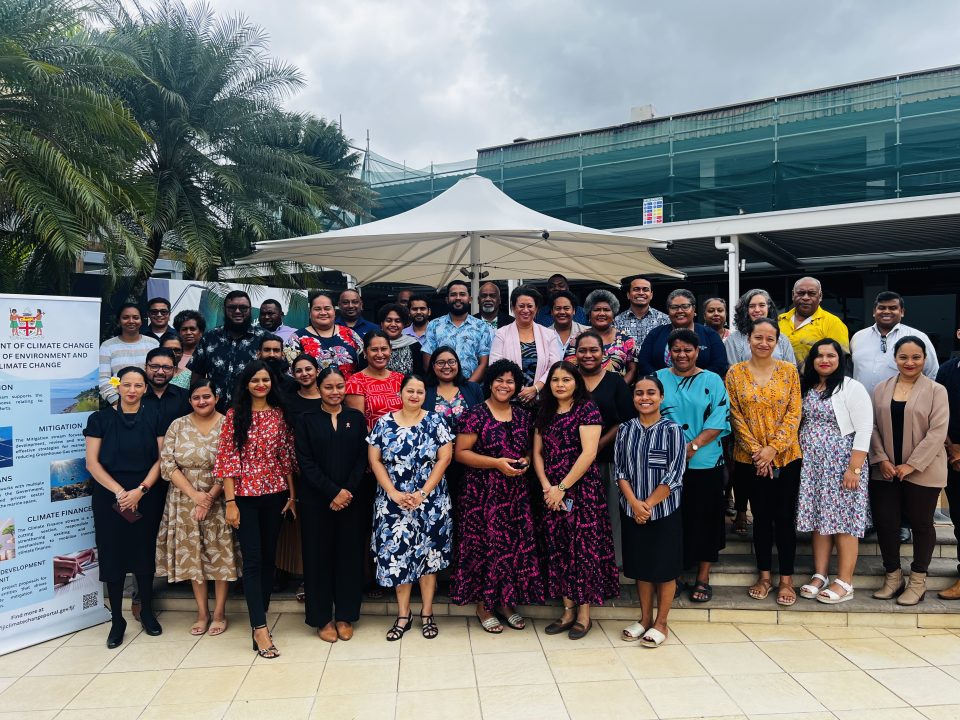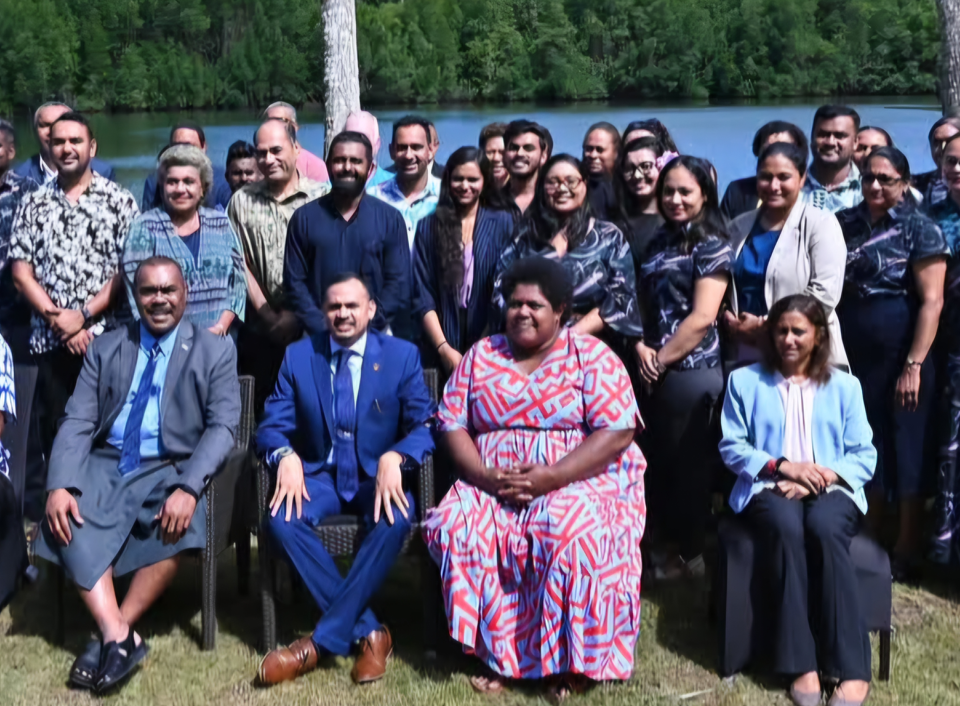
Tender- Fiji’s Digital Climate Transparency Tool for Paris Agreement Reporting (Design and Implementation of an IT-based MRV Systems for GHG inventory and NDC Tracking)
04/04/2024
Advertisement for CCAC National Agriculture Expert for Fiji
23/04/2024The Climate Change Division of the Ministry of Environment and Climate Change (MECC) in partnership with the Global Green Growth Institute, New Zealand’s Ministry of Foreign Affairs and Trade, and the Regional NDC Hub, progressed work to deliver against specific provisions of the Act which will inform Fiji’s submission of a new Nationally Determined Contribution (NDC) to the United Nations Framework Convention on Climate Change in 2025.
A focused group consultation on Fiji’s Carbon Budget, Transport Decarbonisation Strategy, and Reporting on Fossil Fuel under the Climate Change Act (CCA) 2021 was held on 18 April in Suva. The consultation focused on three sections of the Climate Change Act and its associated initiatives and deliverables which are (i) The development of ‘Fiji’s National Carbon Budget’, as a tool to support domestic emissions reduction efforts and NDC enhancement (Sections 39 – 42), (ii) The development of necessary regulations and reporting templates to support the requirements associated with ‘Mandatory Reporting on the Bulk Sale of Fuels’ (Section 31), (iii), The development of the Terms of Reference for the ‘Transport Decarbonisation Strategy’ (Section 44), the transport sector is the largest contributor to Fiji’s emissions, indicating Fiji’s dependence on fossil fuels and exposure to oil price volatility.
The consultation workshop served as a valuable platform for fostering collaboration and aligning efforts toward Fiji’s endeavors to address climate change issues. The workshop was opened by the Acting Director of the Climate Change Division, Mr. Filimone Ralogaivau. The Acting Director stated that “three specific elements under Part 7 and Part 9 of the Climate Change Act that we wish to discuss with you today – namely – the national carbon budget, transport decarbonization strategy, and reporting requirements on the bulk sale of fossil fuels are all closely related. As we will also discuss – it is important to be aware of the specific approach to emissions reductions that are detailed in the National Climate Policy and new National Energy Policy and the emphasis placed on emissions reductions that are economically viable and help progress resilient development objectives in Fiji. As you are aware, our emissions are negligible and how we approach emissions reductions will be highly determined by what is strategic and viable for our economy”.
The workshop was attended by participants from the government, private sectors, and development partners. The discussions from this consultation workshop will inform the further policy updates relevant to the respective sections.






